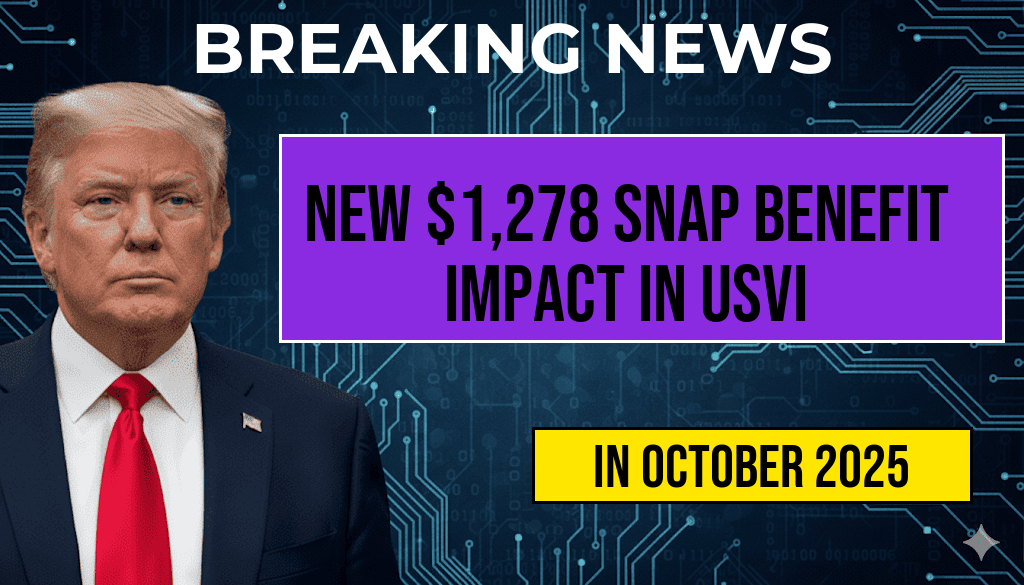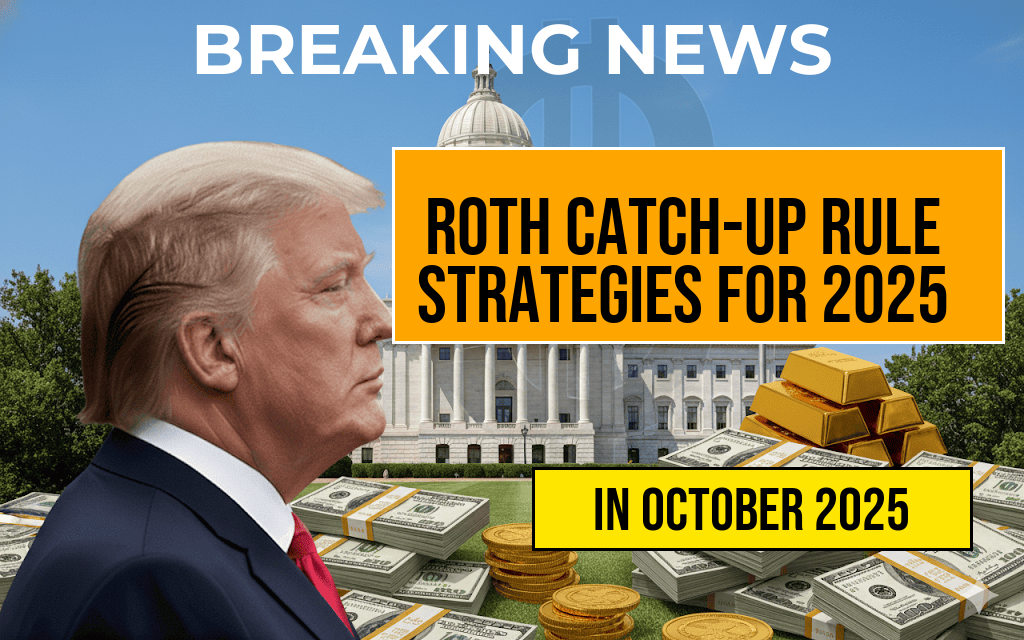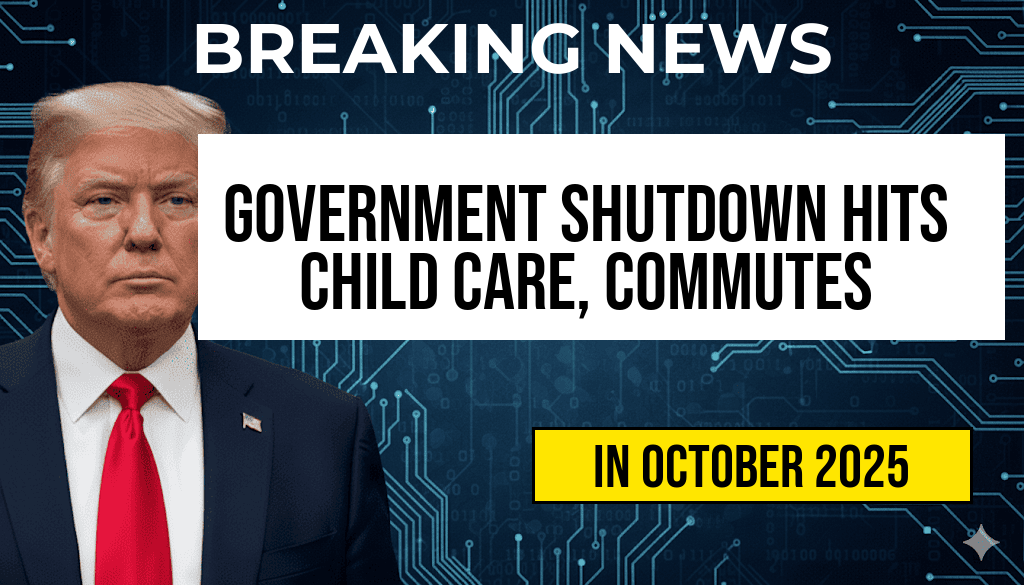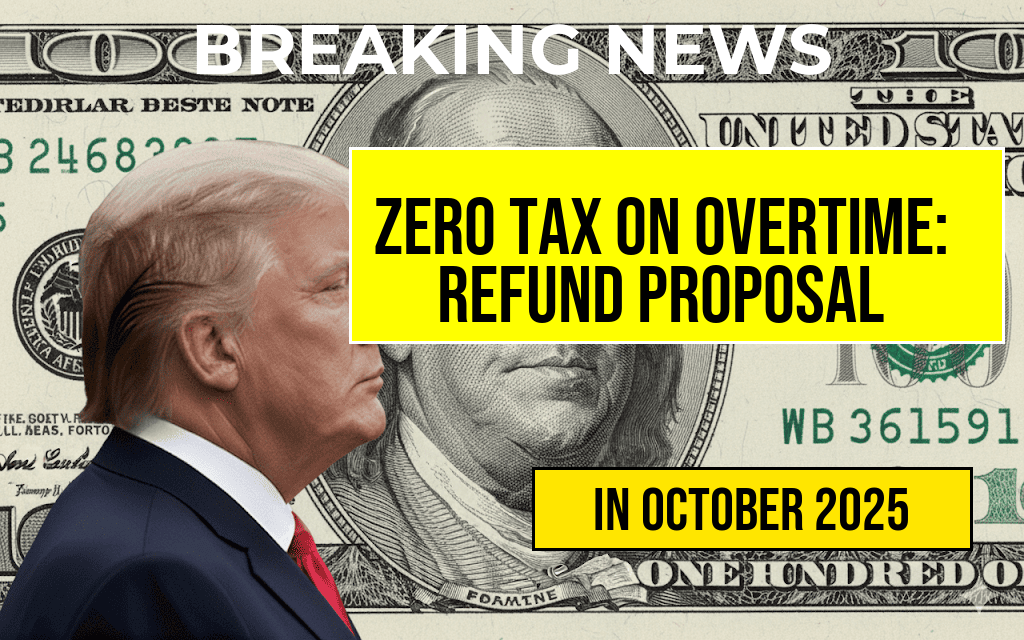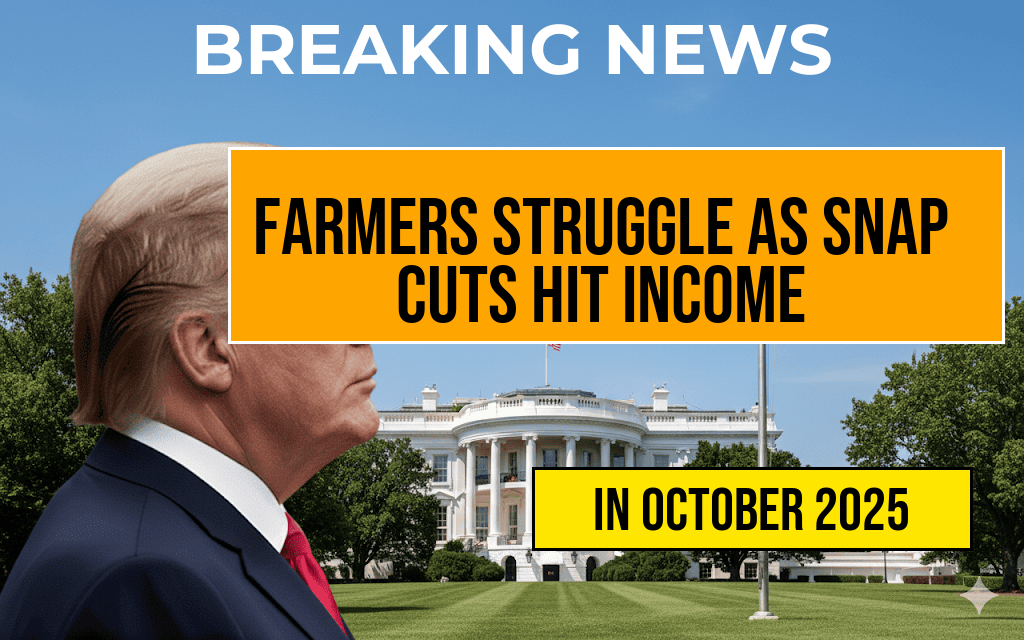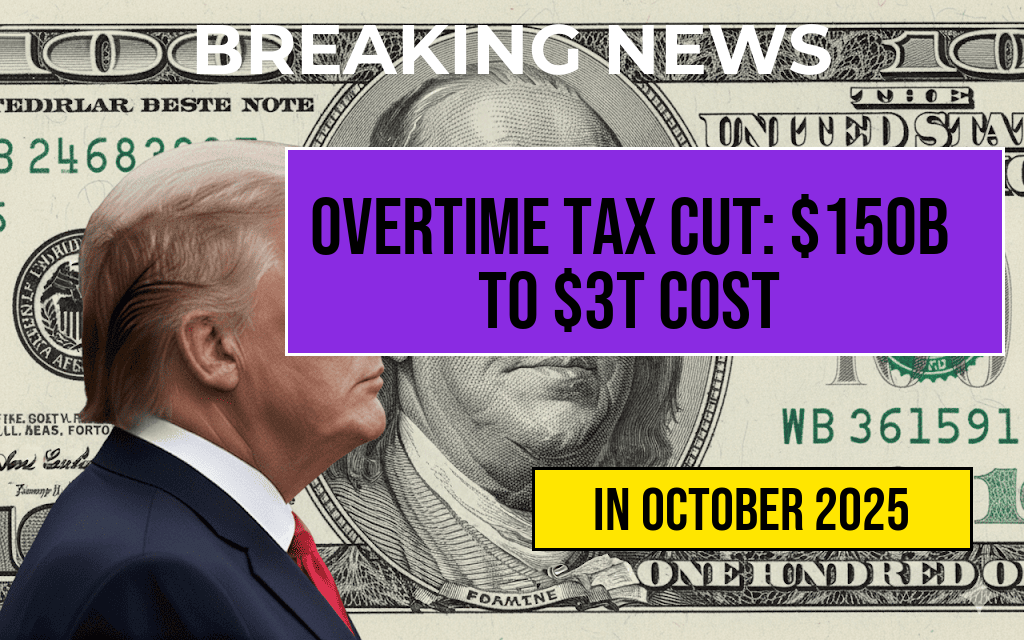A new proposal aimed at providing zero tax on overtime (OT) pay is gaining traction among lawmakers and labor advocates, presenting a potential windfall for workers who rely on overtime and tips as a significant part of their income. This early refund initiative seeks to alleviate the financial burden for employees working extra hours, particularly in industries such as hospitality and food service where tips form a crucial component of earnings. As discussions around this proposal unfold, stakeholders are examining its implications for the workforce and the economy at large, highlighting the potential benefits for those who experience fluctuating incomes due to variable hours or seasonal demands.
Understanding the Proposal’s Framework
The zero tax on overtime proposal is designed to exempt overtime wages from federal income tax. This means that any additional earnings accrued from working beyond standard hours would not be subject to taxation, allowing employees to retain more of their hard-earned money. The proposal has garnered attention as a means to support low- and middle-income workers, particularly in sectors where overtime is common.
Key Benefits for Workers
- Increased Take-Home Pay: Workers who put in extra hours would see a direct increase in their take-home pay, which could significantly improve their financial stability.
- Support for Service Industry Employees: Many employees in the service sector depend on tips, and this proposal could bolster their earnings by reducing tax liabilities.
- Encouragement of Overtime Work: By eliminating taxes on overtime, the proposal may incentivize workers to take on additional hours, potentially improving productivity in various industries.
Economic Impact and Broader Implications
Advocates for the zero tax on overtime proposal argue that it could have positive ripple effects throughout the economy. By putting more money in the hands of workers, increased consumer spending may occur, thus boosting local businesses and stimulating economic growth. According to the Economic Policy Institute, measures that support wage growth can lead to a healthier economy overall, as workers are likely to spend their additional earnings on essential goods and services.
Concerns and Considerations
Despite the potential benefits, some critics express concerns about the long-term sustainability of such a tax exemption. Skeptics point to the possibility of reduced tax revenue for the government, which could impact funding for essential public services. Additionally, there are worries that employers might exploit the policy, using it to justify lower base wages while shifting the burden of income to overtime pay.
Industry Reactions
Reactions from various industries have been mixed. Employers in sectors that frequently utilize overtime, such as healthcare and hospitality, have expressed support for the proposal, believing it could lead to a more motivated workforce. Conversely, some business groups are concerned about the implications for payroll budgeting and potential increases in labor costs.
Possible Legislative Pathway
As lawmakers prepare to debate the proposal, it remains unclear how it will be structured and what modifications might be necessary to ensure its passage. Some legislators are advocating for provisions that would protect workers from potential employer retaliation while also calling for measures that ensure that the benefits of the tax exemption reach the intended recipients. The National Employment Law Project has emphasized the need for rigorous enforcement mechanisms to prevent abuse.
Public Opinion and Future Outlook
Public sentiment regarding the zero tax on overtime proposal appears largely favorable. Recent surveys indicate that a significant portion of the electorate supports measures aimed at reducing tax burdens for workers, particularly in the wake of economic challenges brought on by the COVID-19 pandemic. As the proposal moves through the legislative process, ongoing public discourse will likely shape its final form.
Conclusion
The zero tax on overtime proposal is positioned as a critical step towards supporting workers who rely on overtime and tips to make ends meet. While the potential benefits are substantial, it will be essential for lawmakers to balance the needs of workers with the economic realities faced by employers. As discussions continue, the outcome of this proposal could significantly impact the landscape of labor taxation in the United States.
For more information on labor policies and economic implications, visit the Economic Policy Institute or explore the impacts of tax policies on workers at the National Employment Law Project.
Frequently Asked Questions
What is the “Zero Tax on Overtime” proposal?
The “Zero Tax on Overtime” proposal aims to eliminate taxes on overtime pay, allowing employees, particularly those who receive tips, to retain more of their earnings. This initiative is designed to provide financial relief and incentivize workers to take on more hours.
Who will benefit from the early refund proposal?
The early refund proposal primarily benefits overtime workers and those who earn tips. By reducing the tax burden on their earnings, these workers can enjoy increased take-home pay and improved financial stability.
How does the early refund process work?
The early refund process allows eligible workers to receive a refund on taxes withheld from their overtime and tip earnings sooner than the traditional tax refund schedule. This means they can access their funds more quickly, providing immediate financial relief.
What are the potential impacts of this proposal on the workforce?
If implemented, the proposal could lead to a more motivated workforce, as employees might be encouraged to work more overtime hours without the concern of high tax deductions. Additionally, it could help reduce financial strain for those who rely heavily on tips as part of their income.
Are there any concerns regarding the proposal?
While the proposal offers significant benefits, some concerns include its long-term viability and potential impacts on tax revenue. Critics argue that eliminating taxes on overtime could decrease funding for essential public services, which might affect the broader economy.

